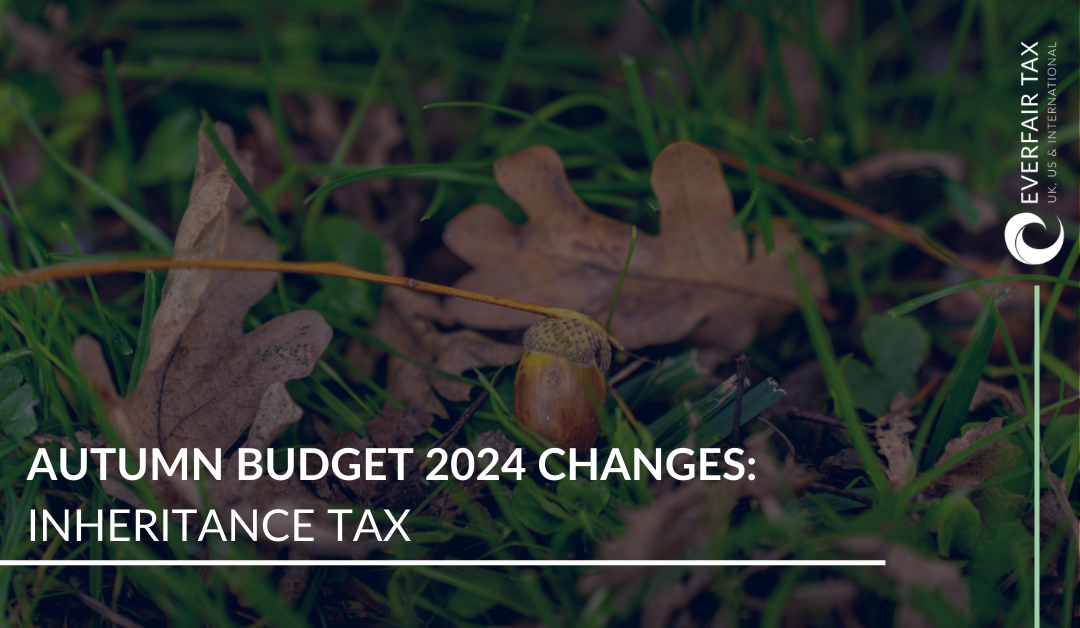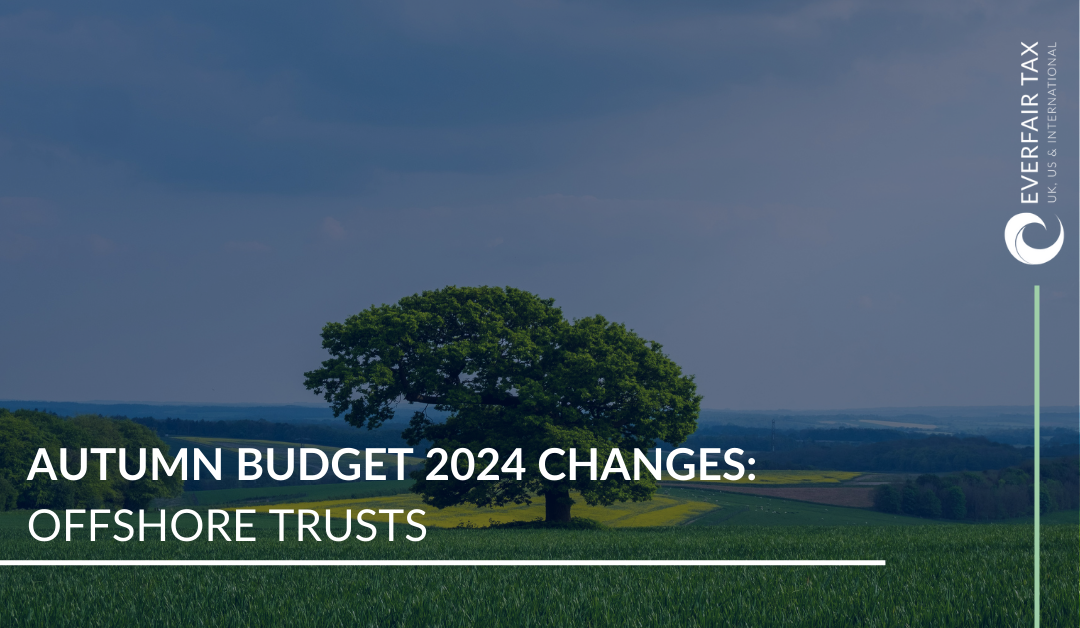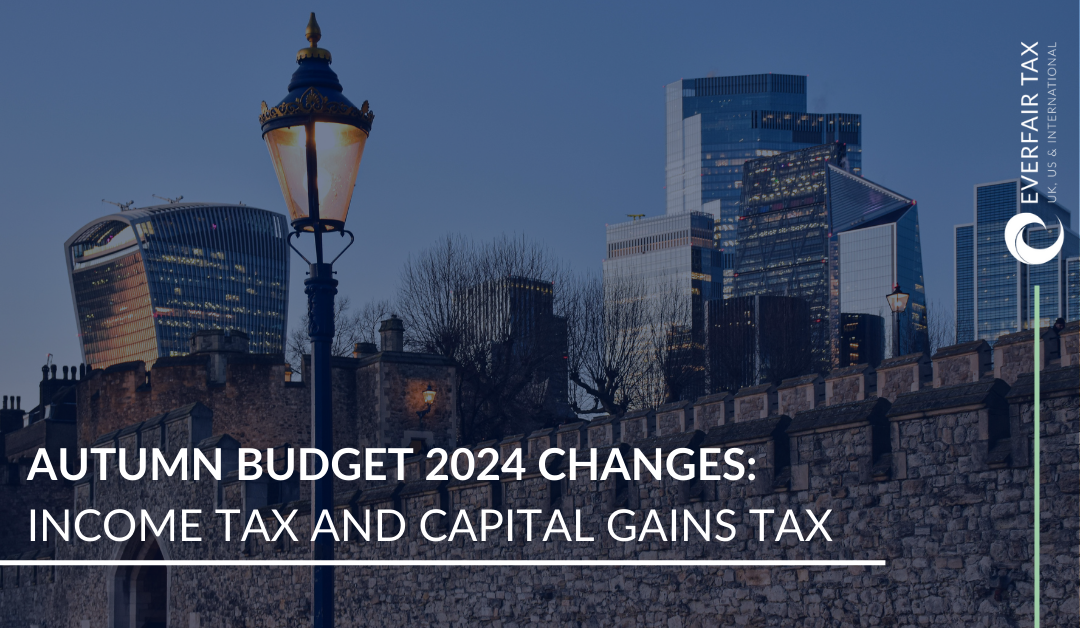The IRS Pandemic Aftermath
8 September 2022
Pandemic penalty relief recently announced by the IRS
On August 24th, the IRS announced they will not assess late filing penalties for certain 2019 & 2020 returns. To receive penalty relief, the returns and certain qualifying informational filings need to be filed by September 30th. For those who have already been assessed and paid the penalty, they will be due a refund. There is no need to call or make a formal request – it will be automatic.
This is an effort to provide pandemic relief to taxpayers who have experienced unprecedented processing delays due to the backlog. The pandemic backlog has made it nearly impossible to reach a live agent and responses to IRS correspondence remain unanswered. Taxpayers and their advisors have been left unable to discuss, let alone resolve outstanding tax matters, causing undue hardship.

Summary of the IRS Backlog
There have been unprecedented processing delays at the IRS due to a pandemic backlog. Correspondence from pre-pandemic remains unanswered, exacerbated by a lack of updates or live telephone support. This has left taxpayers and advisors unable to resolve outstanding tax matters. National groups have called for increased transparency and communication from the IRS.
An aggressive plan was announced earlier this year to combat the IRS backlog by the end of the year. Mid-year reports indicate the IRS is still overwhelmed by the backlog. However, in recent developments, the IRS will receive $79.6B of much needed funding for overhaul and modernization. It should afford the IRS the resources needed to increase operational efficiency and reduce the current backlog. The IRS also announced pandemic penalty relief for certain late filed returns relating to the 2019 and 2020 tax years.
See below link for the IRS press release:
Is there a Plan to Tackle the IRS Backlog?
A lack of funding since 2010, coupled with the pandemic, has piled on additional inventory in an already overloaded system. A 15-fold increase at the start of the year, from the normal backlog of below 1 million, was reported. The US Treasury announced in March that there was an aggressive plan to end the IRS backlog this year.
What is the Plan?
IRS Commissioner Charles Rettig outlined the following plan to confront the backlog:
Aggressive Hiring and Creation of Surge Teams to Combat the Backlog
The IRS will hire thousands of new employees and contract workers across departments to provide immediate support in critical areas. Mandatory overtime and surge teams have already been implemented to combat backlog in critical areas. These areas include taxpayer correspondence, paper filed tax returns and amended returns.
Expanding Taxpayer Services Online and Implementing Call Back Services
The IRS has increased the services available on their online taxpayer portals. Taxpayers can securely access their tax history and notices through their online account. Call back services have been implemented on more toll-free numbers to save hours of wait time for taxpayers.
Implementing Modernized Technology
The IRS will employ automated tools such as scanning technology to allow the agency to exponentially increase their processing capabilities. This will allow millions of cases to be processed per week vs thousand when processed manually. The IRS will also reduce its inventory of notices by temporarily halting certain automated letters. This will allow time for the processing of backlogged taxpayer correspondence.
Is the Plan Working?
Unsurprisingly, the initial mid-year reports from independent agencies such as the National Taxpayer Advocate are not promising. It reports the IRS continues to be overwhelmed by the backlog, causing continued hardship for taxpayers. In response, national groups such as the AICPA, have called for increased transparency and communication from the IRS. In recent developments, the passing of the Inflation Reduction Act will inject $79.6B to overhaul and modernize the IRS. This should provide the financial resources needed to implement technologies to increase operational efficiency and reduce the current backlog.
The IRS also announced on August 24th that they will not assess late filing penalties for certain 2019 & 2020 returns. To receive penalty relief, the returns and certain qualifying informational filings need to be filed by September 30th. For those who have already been assessed and paid the penalty, they will be due a refund. There is no need to call or make a formal request – it will be automatic. This is one step in acknowledging the hardship that taxpayers have faced in the aftermath of the pandemic.
Our Takeaway on the IRS Backlog
Whilst this plan may help relieve some immediate pressure points, there is a long way to go. The structural damage from the historical lack of funding and resources will take more time and money to resolve. The lack of transparency and real-time updates is causing undue stress to taxpayers and their advisors. The recently passed Inflation Reduction Act should help provide crucial funding needed by the IRS. The pandemic penalty relief is a welcome announcement, but further action is needed. We will continue to support and work with our clients during this unprecedented and difficult period.
Written by Sara Kim

News
For updates featuring tax changes, reminders for deadlines, pointers on how to maximise your accounts, and information on Everfair Tax and their activities: you need look no further than our news & resources pages.
Contact Us
Need some UK, US or International advice?
Contact us now.
Weybridge Office
Ground Floor, 37a Church Street
Weybridge, Surrey KT13 8DG
Tel: 01932 320 800
London Office
40 Gracechurch Street,
London, EC3V 0BT
Tel: 020 3949 5999
Email: info@everfairtax.co.uk


